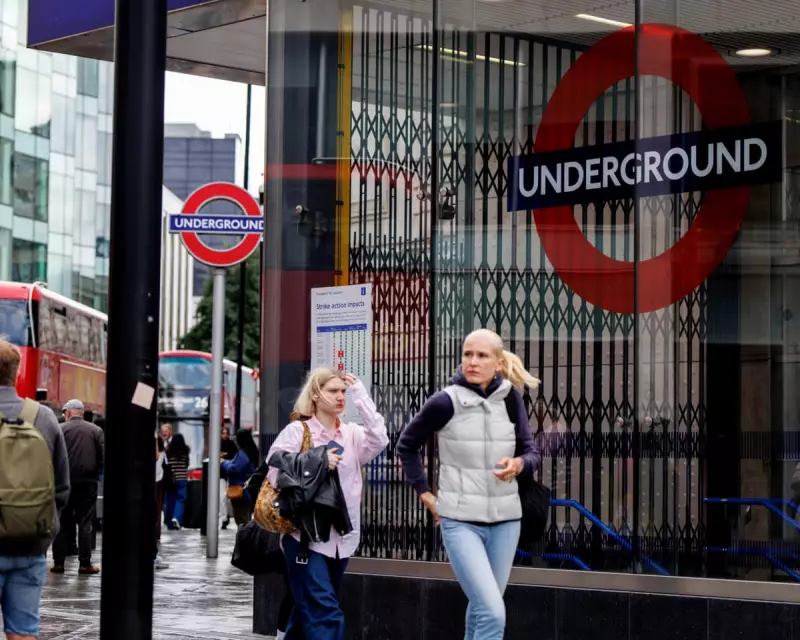
Transport for London has extended an olive branch to the RMT union, inviting officials to resume critical negotiations after a week of devastating Tube strikes brought widespread disruption to the capital.
The move comes as London attempts to recover from one of the most significant periods of industrial action on the Underground network in recent years, which saw millions of commuters facing severe travel delays and forced to seek alternative routes across the city.
Week of Disruption Sparks Negotiation Breakthrough
Following seven days of intensive strike action that paralysed large sections of the Tube network, TFL management has taken the decisive step of formally requesting renewed talks with union representatives. The invitation marks a potential turning point in the bitter dispute that has dominated headlines and caused unprecedented travel chaos throughout London.
Industry observers note that the timing of this outreach suggests both parties are feeling the pressure to find a resolution, with businesses, commuters, and city officials all demanding an end to the transport nightmare that has cost the economy millions in lost productivity and disrupted services.
Core Issues Remain Unresolved
At the heart of the dispute lie fundamental disagreements regarding working conditions, staffing levels, and operational practices. The RMT has consistently argued that proposed changes would compromise both worker safety and service quality, while TFL maintains that modernisation is essential for the network's long-term sustainability.
Key sticking points include:
- Changes to rostering and shift patterns
- Proposed alterations to station staffing levels
- Disagreements over safety protocols and working practices
- Concerns about job security amid technological changes
London's Economy Feels the Impact
The week-long strike action has delivered a substantial blow to London's economy, with retail businesses reporting significant drops in footfall, hospitality venues experiencing cancelled bookings, and many employees struggling to reach workplaces across the capital. The timing proved particularly damaging, coinciding with the busy back-to-school period and ongoing tourist season.
Transport analysts estimate that the cumulative impact on productivity, lost revenue, and additional costs for alternative travel arrangements likely runs into hundreds of millions of pounds, underscoring the critical importance of London's transport infrastructure to the city's daily functioning.
Path Forward Uncertain But Hopeful
While both sides have expressed willingness to return to negotiations, significant challenges remain. The RMT has emphasised that any meaningful talks must address their core concerns substantively, not merely offer cosmetic concessions. Meanwhile, TFL faces pressure from City Hall and government officials to resolve the dispute while maintaining fiscal responsibility.
Commuters and businesses across London will be watching closely as developments unfold, hoping that this invitation to talks translates into genuine progress toward a settlement that can restore reliable service to the Underground network and provide stability for both workers and passengers alike.





